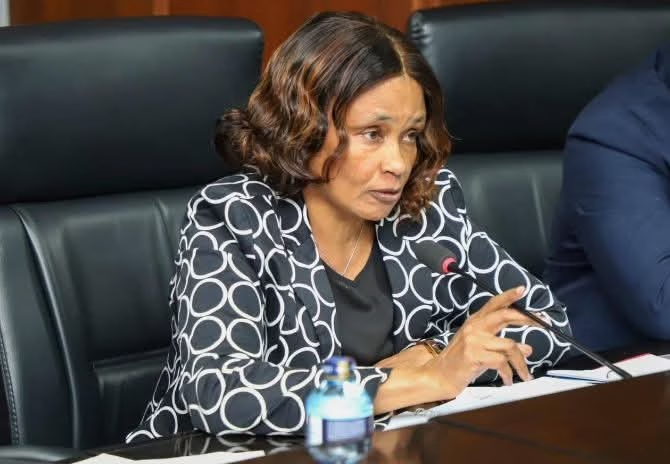In a notice, TSC indicated that all the positions will be filled on permanent and pensionable terms.
Of the advertised vacancies, 7,065 are in primary schools, 12 in Junior Secondary Schools (JSS), and 2,082 in secondary schools.
“Interested and qualified candidates should submit their applications online through the Teachers Service Commission’s website on or before December 8, 2025, midnight. Details on available vacancies per county or school are provided on the TSC website,” the notice read.
The latest announcement comes amid recurring gaps in the teaching workforce.
In December 2024, TSC advertised 8,707 attrition-replacement positions, while earlier data showed the commission lost 8,018 teachers between June 2022 and January 2023. More recently, reports indicated 2,014 vacancies in May 2025, with a record 10,245 teachers expected to exit the payroll in June 2025.
According to the commission, the recruitment drive aims to stabilise learning in public institutions following exits caused by retirements, resignations and deaths.
Former TSC CEO Nancy Macharia had previously warned that the shortage remains critical, noting that junior and senior secondary schools currently face a deficit of 98,261 teachers.
She cautioned that the gap could widen with the rollout of senior secondary schools in 2026, further straining implementation of the Competency-Based Curriculum (CBC).
“We need Sh5 billion annually to promote teachers and ensure there is no stagnation in their careers. We have over 300,000 trained unemployed teachers in our register. The biggest issue for us is the budget. Currently, we only receive Sh1 billion, which can recruit just 6,000 teachers,” she said while appearing before the Education committee.
Alongside the new vacancies, the commission is also set to recruit 24,000 intern teachers in January 2026 to ease growing staffing gaps in primary and secondary schools.
The fresh cohort is expected to support learning as schools reopen, particularly in the junior and senior secondary levels where shortages are most severe.
This comes as contracts for the current group of 20,000 intern teachers are set to expire in December, raising concerns about continuity and potential disruptions in learning.
Knut Secretary-General Collins Oyuu described the reliance on intern teachers as a “stopgap measure” forced by funding limitations. He noted that interns continue to earn as little as Sh6,000, despite performing full teaching duties.
“Allowing these teachers to work as interns, which is not even within the code of regulations, is just a stopgap measure, and we must accept it. These teachers are out there being paid very little—about 6,000 shillings—despite not being proper interns. We accept this arrangement only as a temporary solution, not because it aligns with the law, but we hope it doesn’t take long before a proper system is put in place,” he said.
Mr Oyuu added that the number of trained but unemployed teachers is nearly equal to those currently employed, underscoring the need for structured employment pathways.
Kuppet Deputy Secretary-General Moses Nthurima also criticised what he termed the “casualisation” of the profession, warning against the government’s continued extension of temporary contracts.
With 24,000 new interns expected in January and another 20,000 set to exit their contracts in December, he urged TSC to comply with existing agreements.
“There is no law supporting the employment of interns beyond 12 months. The agreement is that once an intern has served for 12 months, they should be absorbed into permanent employment. The government must stop shifting goalposts. Prolonging internships compromises teacher welfare and the quality of education,” he said.

